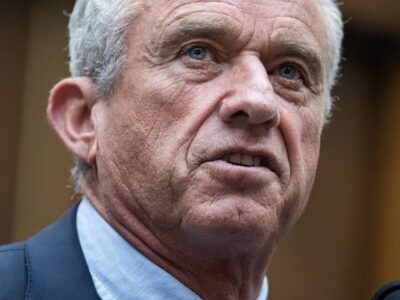Maybe a Super EIS for Climate Policy?

Following closely on the heels of Ann’s argument concerning the flaws of the Keystone XL DEIS came a NYT story from John Broder with an interesting suggestion: if the administration approves the pipeline, then it should do something else in order to advance the battle against climate change:
[C]ould some kind of deal be in the offing — a major climate policy announcement on, for example, power plant regulation or renewable energy incentives — to ease the sting of the pipeline approval?
I’ve suggested such a deal myself. Administration officials deny the possibility, stating that Keystone will be considered on its own merits and not anything else. This reflects much of the administration’s hyper-risk-averse policy approach. But now that the GOP is spending its time inventing fake administration scandals, the White House might finally get it into its head that appeasing Republicans will do it about as much good as it did Neville Chamberlain, so perhaps something more ambitious is in order.
The problem with a deal such as mooted by the Times, however, lies in its legal structure. If the administration issues a permit for Keystone, and then issues regulations concerning power plants, then both will be challenged by their opponents. In any event, Ann suggests that the whole thing puts the administration in a “deep bind”. I’m less convinced of that — it would be a windfall for the administration to approve the thing and then have a court strike it down — but even if Ann is right, there is a way out that also happens to be better policy.
So here’s a proposal: why not recirculate the Keystone DEIS as part of a broader package of climate policies? The theory in this case is to call opponents’ bluff. Republicans claim that they desperately want Keystone. If they sue over a broader DEIS, then at the very least it undermines the political saliency of it: “for years, the right wing has demanded an approval of Keystone. We gave it to them, and now not only is it not good enough, but they are suing us over it.”
This is really just a fancy way of advocating a “poison pill” strategy, but in this case, it makes policy sense. It is the embodiment of the notion that I have discussed before: approve Keystone as part of a broader climate policy.
Could the administration do this legally even if it wanted to? I don’t know. Different organic statutes give agencies regulatory authority over international pipelines and over domestic environmental and energy policy. But it doesn’t seem to me that that is a reason why a combined EIS might not be in order. In much environmental review law, an EIS can be attacked for “piecemealing” a problem, i.e. taking it in small bits so as to lose the broader environmental impacts that a project presents. That seems to be precisely what is happening with Keystone. In any event, the whole point of the environmental review process is to inform the public and decisionmakers: combining various aspects of energy and climate policy into an overall EIS would accomplish exactly that.
To be sure, it would also mean that the Keystone project would have to be delayed as the other pieces of the administration’s climate policy come into play. But one could argue that that is a feature, not a bug. It thus works politically and on policy grounds. That’s rare enough nowadays that the administration should consider it.








Reader Comments